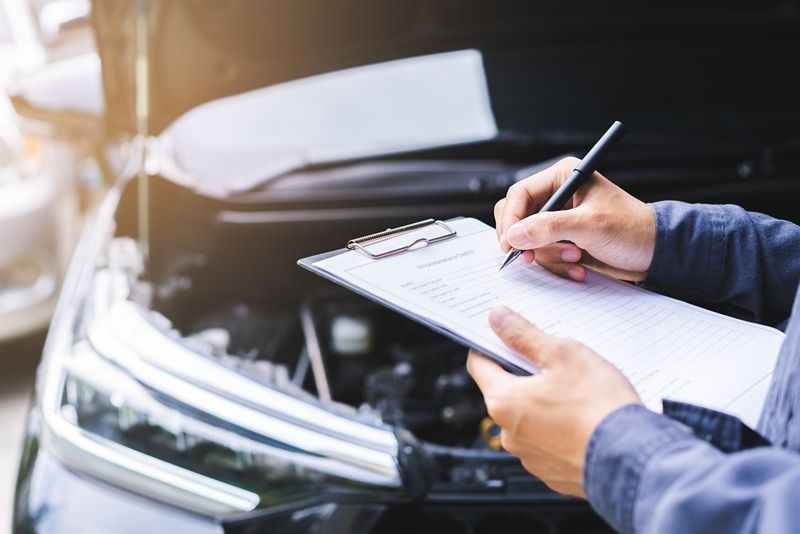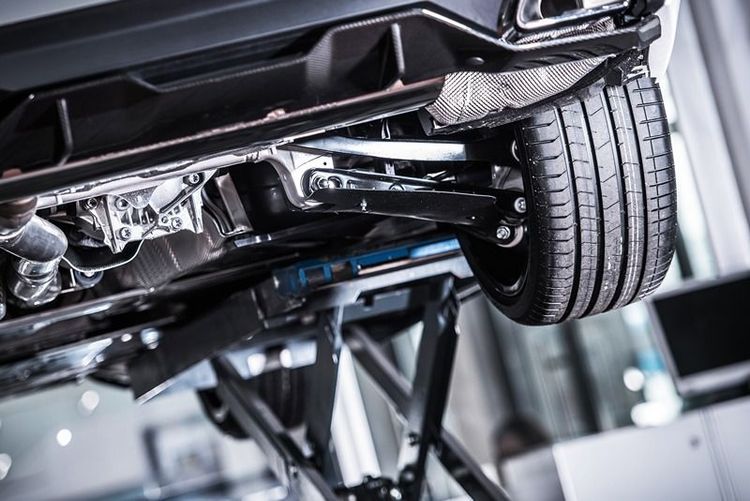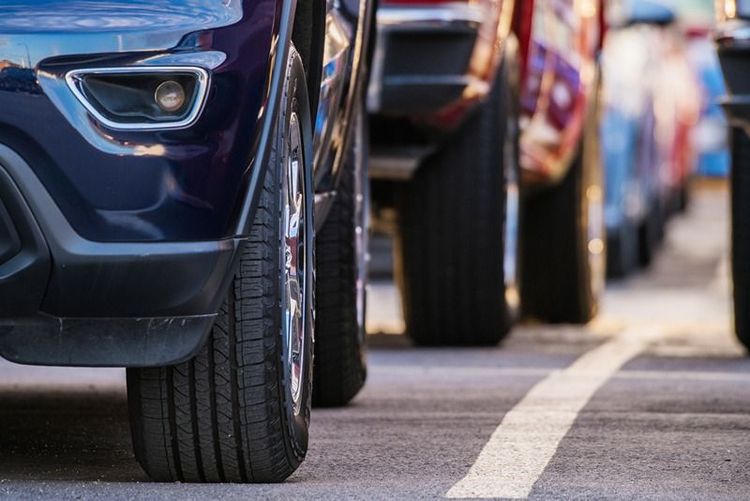The Indian automotive industry has faced growing vehicle recalls, with 5.4 million cars recalled since 2012. In 2023 alone, 284,906 vehicles were recalled, including both passenger cars and two-wheelers. These recalls, driven by defects in components such as airbags, brakes, and fuel systems, pose serious financial and reputational risks to manufacturers. For MSMEs that supply parts to OEMs (original equipment manufacturers), minimising the risk of vehicle recalls is crucial to maintaining business relationships and competitiveness in a highly demanding market.
Steel, particularly in engine and transmission systems, plays a vital role in ensuring the reliability and safety of vehicles. Here's how MSMEs can leverage premium steel to mitigate risks and enhance their production standards.
Maximising strength and durability of critical components
Automotive parts such as crankshafts, gears, and connecting rods endure extreme stress and pressure during vehicle operation. These components must resist fatigue and, torsional stress and wear to function properly over a long lifespan. High-quality alloy steels, such as chromium-molybdenum (Cr-Mo) steel or carbon-manganese (C-Mn) steel, improve these parts' overall durability and strength. Steel alloys treated with quenching and tempering can achieve higher levels of hardness and toughness, significantly reducing the risk of cracks, deformations, or failures under stress.
How MSMEs can leverage high-quality steel to reduce vehicle recall risks


Enhancing precision in manufacturing
Defects in components often result from manufacturing inconsistencies, such as poor dimensional accuracy or improper fitting. This has been a key cause of several recalls in India, where defective parts like airbag controllers or brake systems have prompted large-scale remedial actions . High-quality steel allows for better cutting, forming, and welding precision, reducing production errors.
Reducing corrosion risks
In India, recalls have been triggered by rusting or corrosion in parts like fuel tanks and brake lines . Corrosion weakens the structural integrity of these components, making them prone to failure, which can have catastrophic safety implications.
By using corrosion-resistant materials such as stainless steel or steel alloys treated with anti-corrosion coatings, MSMEs can significantly reduce the risk of rust formation. Stainless steel, for example, contains chromium, which forms a passive layer of chromium oxide on the surface, protecting the steel from oxidation and corrosion. This makes it an ideal material for components like exhaust systems, brake lines, and fuel tanks, which are frequently exposed to moisture, chemicals, and fluctuating temperatures.
Improving performance under thermal stress
Automotive components like exhaust valves, pistons, and cylinder heads are exposed to extreme heat during engine operation. Repeated exposure to high temperatures can cause materials to weaken, leading to cracks or failures. This was the case in some recalls related to fuel injection systems and brake components that failed under thermal stress . Heat-treated steel, which undergoes processes like annealing, normalising, or tempering, offers better resistance to high temperatures. These treatments alter the microstructure of the steel, improving its ability to retain strength and hardness at elevated temperatures.
Ensuring compliance with evolving safety standards
As the Indian automotive market matures, there is increasing pressure on OEMs to meet stringent safety and quality standards. The Ministry of Road Transport and Highways introduced updated recall policies in 2021, which impose fines up to ₹1 crore on manufacturers for failing to address safety issues . This places a greater responsibility on MSMEs to deliver high-quality, defect-free components that comply with the latest safety regulations.

Enhancing product lifespan and reducing maintenance costs
Using high-quality steel helps prevent recalls and extends the lifespan of automotive components. Parts made from durable, corrosion-resistant, and heat-treated steel require less frequent replacement, reducing maintenance costs for vehicle owners. In turn, this can enhance customer satisfaction and strengthen the reputation of the MSMEs and the OEMs they supply.
Conclusion
By investing in high-quality steel, MSMEs can ensure that their parts meet the stringent safety and durability requirements of OEMs and regulatory bodies. This reduces the chances of recalls, which not only affect the reputation of the OEM but also have a cascading impact on the MSME suppliers involved in producing defective parts.
Buy online
Mild SteelStructural SteelTMTCementJSW One MSME
About usBlogsSitemapJSW One TMTPolicy
Terms & conditionsPrivacy policyReturn policyBanking partner



 +91 7208055523
+91 7208055523
 Help & support
Help & support